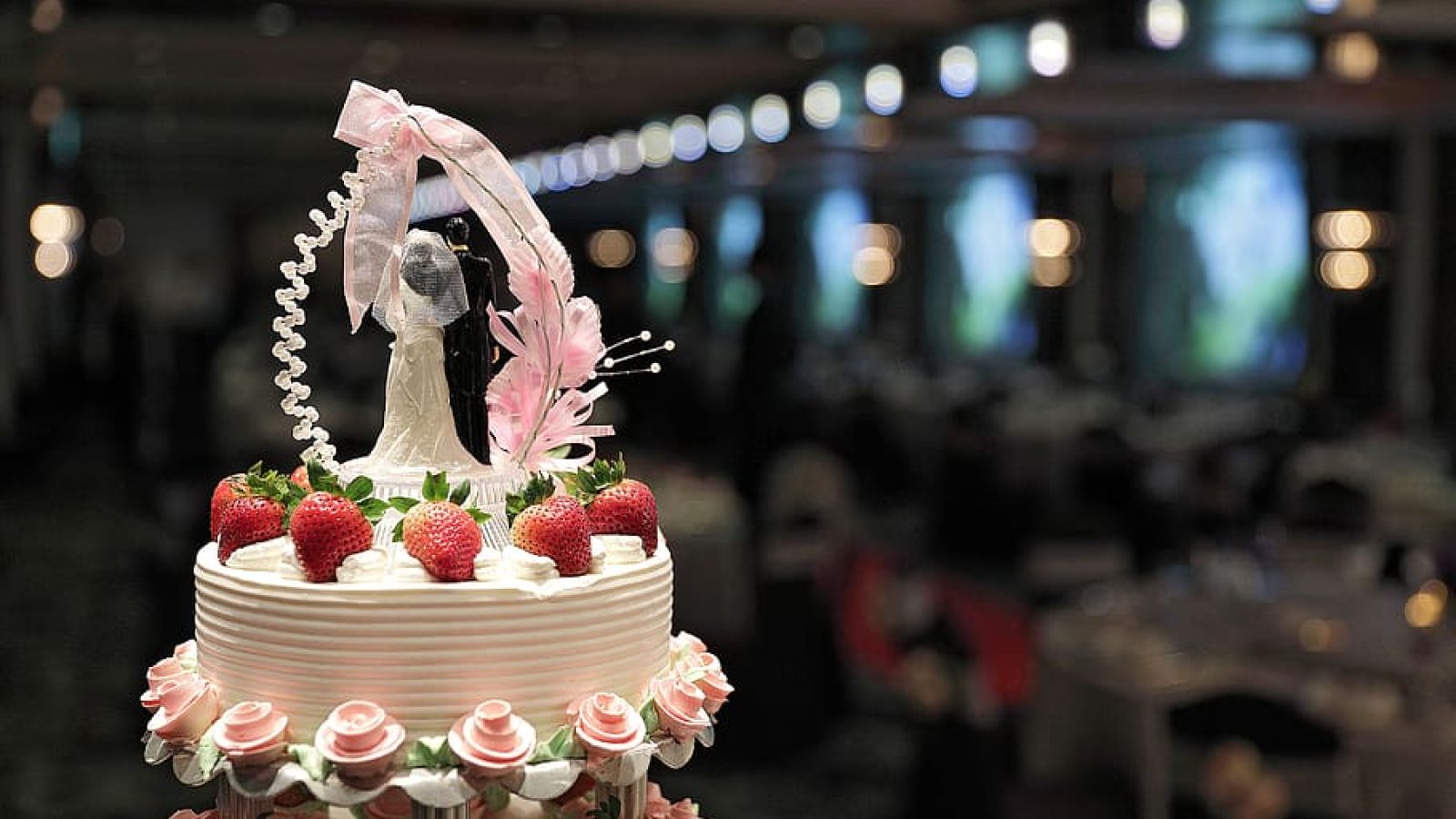The U.S. Supreme Court on Friday ruled 6-3 in favor of an evangelical Christian web designer who refused to work on same-sex weddings.
The court, which ruled on ideological lines, said forcing the Christian website designer to create wedding websites for same-sex couples would violate her First Amendment rights.
Lorie Smith, a creative professional, cannot be punished under Colorado’s antidiscrimination law for refusing to design websites for same-sex couples.
The Supreme Court sided with Lorie Smith, a web designer who said she had the right to refuse services for same-sex marriages. Smith spoke about the ruling on Friday at a news conference with the Alliance Defending Freedom, a conservative legal group. https://t.co/bDEJcUxZiL pic.twitter.com/iMYSeGCPNS
— The New York Times (@nytimes) June 30, 2023
NBC News reports:
The ruling could allow other owners of similar creative businesses to evade punishment under laws in 29 states that protect LGBTQ rights in public accommodations in some form. The remaining 21 states do not have laws explicitly protecting LGBTQ rights in public accommodations, although some local municipalities do.
“The First Amendment envisions the United States as a rich and complex place, where all persons are free to think and speak as they wish, not as the government demands,” Justice Neil Gorsuch wrote for the court.
Gorsuch, who wrote a 2020 ruling that expanded LGBTQ rights in an employment context, said that public accommodation laws play a vital role in protecting individual civil rights.
“At the same time, this court has also recognized that no public accommodation law is immune from the demands of the Constitution. In particular, this court has held, public accommodations statutes can sweep too broadly when deployed to compel speech,” he added.
Justice Neil Gorsuch, who wrote the majority opinion, said the First Amendment “protects an individual’s right to speak his mind” even when others think it’s “deeply misguided” or causes “anguish.”
Justice Sonia Sotomayor, who wrote the dissenting opinion, said it’s “a sad day in the American constitutional law and in the lives of LGBTQ people.”
SCOTUSblog writes:
The court’s decision came just over five years after its ruling in the case of another Colorado resident, Jack Phillips, a baker who refused to make a custom cake for a same-sex couple because he believed that doing so would violate his religious beliefs. By a vote of 7-2, the court gave Phillips a narrow victory, holding that the Colorado administrative agency that had ruled against him had treated him unfairly by being too hostile to his sincere religious beliefs. But the justices did not determine whether or to what extent a service provider’s sincere religious beliefs might have to yield to the state’s interest in protecting the rights of same-sex couples, nor did they decide whether compelling Phillips to bake a cake for a same-sex couple would violate his right to freedom of speech.
In the five years since the court’s decision in Phillips’ case, the composition of the court has changed significantly. Kennedy, who wrote for the majority in 2018, retired less than a month later. He was succeeded by the more conservative Brett Kavanaugh. And two years after that, the court’s senior liberal justice, Ruth Bader Ginsburg, died at the age of 87, allowing then-President Donald Trump to appoint another conservative jurist, Amy Coney Barrett, to replace her.
It was therefore a more conservative court that this term considered the case of Lorie Smith, a devout Christian who owns a website- and graphic-design business in Littleton, Colorado. Smith wanted to expand her business to include wedding websites – but only for heterosexual couples, and she wanted to post a message on her own website to make that clear. But such a statement would run afoul of Colorado’s public-accommodations law, which bars businesses that are open to the public from discriminating against (among others) LGBTQ people or announcing their intent to do so. Roughly half of U.S. states have similar laws.
Smith went to federal court, seeking a ruling that enforcing the law against her would violate her First Amendment right to freedom of speech. On Friday, the justices agreed.



Join the conversation!
Please share your thoughts about this article below. We value your opinions, and would love to see you add to the discussion!